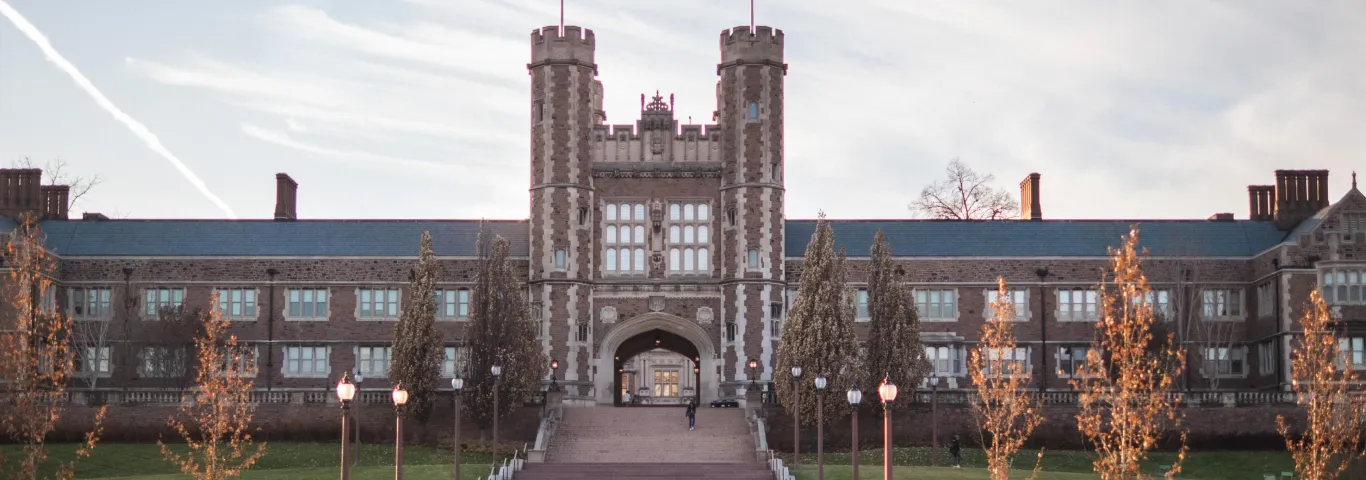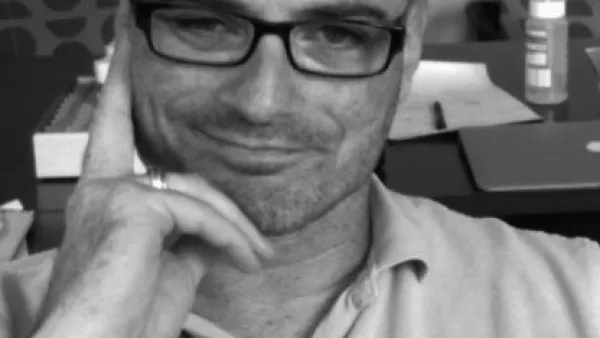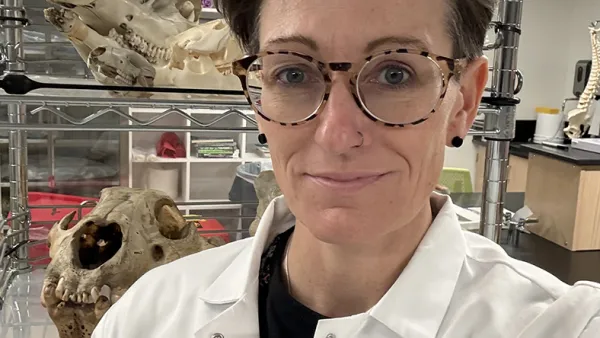A new interdisciplinary hiring effort at Washington University in St. Louis aims to recruit researchers to study environmental racism in St. Louis and other urban areas. The searches will bring three scholars to the university, one each housed in the departments of Anthropology and Biology in Arts & Sciences and one housed in the Landscape Architecture program in the Sam Fox School of Design and Visual Arts. This group of new hires is part of the Office of the Provost’s Race and Ethnicity Cluster Hiring Initiative.
“I’m thrilled about these searches,” said Beverly Wendland, provost and executive vice chancellor for academic affairs. “Environmental racism represents a major issue for St. Louis, and we need to leverage our research talents to better address this issue both in our city and beyond. With the Race and Ethnicity Cluster Hire Initiative, we are aiming to develop a world-class research program on race, and this interdisciplinary sub-cohort will further WashU’s distinction in this area.”
The three new hires will work together to study environmental racism in St. Louis as well as other urban and rural areas, creating a community of scholars with diverse perspectives who work to understand the legacy and contemporary dynamics of environmental racism and justice. The steering committee for these searches notes that the St. Louis region has struggled with the legacy of environmental racism and its impact on people, places, and practices. This cluster hire will create a hub for sharing ideas about environmental justice across disciplinary boundaries.
“Certain ethnic and racial groups endure sacrifice beyond others at comparable levels of poverty,” said Glenn Davis Stone, professor of sociocultural anthropology and environmental studies and one of the co-chairs of the cluster hire. “African Americans, for example, not only account for a disproportionate percentage of those living in low-income areas but also endure higher levels of pollution than others at comparable income levels.”
The Department of Anthropology seeks a scholar conducting innovative research on the economic, legal, and societal drivers of environmental racism, as well as the lived experiences and social responses within sacrifice zones – environments with ecological, social, or civic systems that have damaging effects on the populations inhabiting them. The new faculty member will conduct ethnography that illuminates ways in which built, biophysical, and social environments impact daily life in these zones. The scholar will also examine how people take action to mobilize, survive, and resist inside these environments.
The Department of Biology is seeking a new faculty member whose research examines biological processes at the urban interface. “Urbanization has profoundly affected biodiversity on our planet and how humans interact with our environment,” said Kenneth Olsen, professor of biology and search chair for the biology department's position. “Within just the last few years, there’s been increasing recognition of the need to understand the dynamics of biological processes in this increasingly urbanized world, and many new avenues of research have opened up — these include topics as diverse as urban toxicology, urban wildlife adaptation, and ecosystem service enhancement for the benefit of urban communities.”
The Landscape Architecture program in the Sam Fox School of Design & Visual Arts is searching for a scholar with expertise in ecological systems, both natural and social, at the intersection of landscape architecture, architecture, and urban design. The new faculty member will advance scholarship and design practices related to environmental justice and climate change. “The most important aspect for the cluster hire is that it actually addresses some of the most vexing challenges in our times, especially in regard to environmental justice and climate change,” said search chair Derek Hoeferlin, associate professor and chair of the landscape architecture and urban design programs. “Landscape architecture plays such an important role in shaping a future of equitable built environments.”
“Addressing issues of climate, resiliency, and healthy environments is a top strategic priority for the Sam Fox School,” said Carmon Colangelo, the Ralph J. Nagel Dean of the Sam Fox School. “This initiative is an extraordinary opportunity to bring together expertise across programs, and it allows us to expand on existing faculty leadership within our architecture, landscape architecture, and urban design programs.”
By hiring three scholars of environmental racism to work together, Washington University reveals a commitment to supporting collaborative, cross-disciplinary research that addresses important issues. The new hires will build upon ongoing work across the university, including efforts in the Center for the Study of Race, Ethnicity & Equity (CRE2). “This is a really pathbreaking cluster hire that is reimagining how disciplines can work together to understand the role of racism in our environments,” said Hedwig Lee, professor of sociology and CRE2 associate director. Lee serves as co-chair of the cluster hire review committee along with Rebecca Wanzo, professor and chair of the Department of Women, Gender, and Sexuality Studies in Arts & Sciences.
“I applaud the creativity and collaboration that went into developing these hiring proposals, and I’m confident that the research of our hires will demonstrate the benefits of interdisciplinary scholarship,” added Provost Wendland.
“This group of hires will provide a unique opportunity to study a problem of great social significance from a fundamentally cross-disciplinary perspective,” said Feng Sheng Hu, dean of the faculty of Arts & Sciences. “Many problems can only be understood fully when viewed from multiple perspectives, and the kind of comparative research enabled by this effort is a hallmark of Arts & Sciences.”
More information about the larger university Race and Ethnicity Cluster Hiring Initiative can be found at the Office of the Provost’s website.




